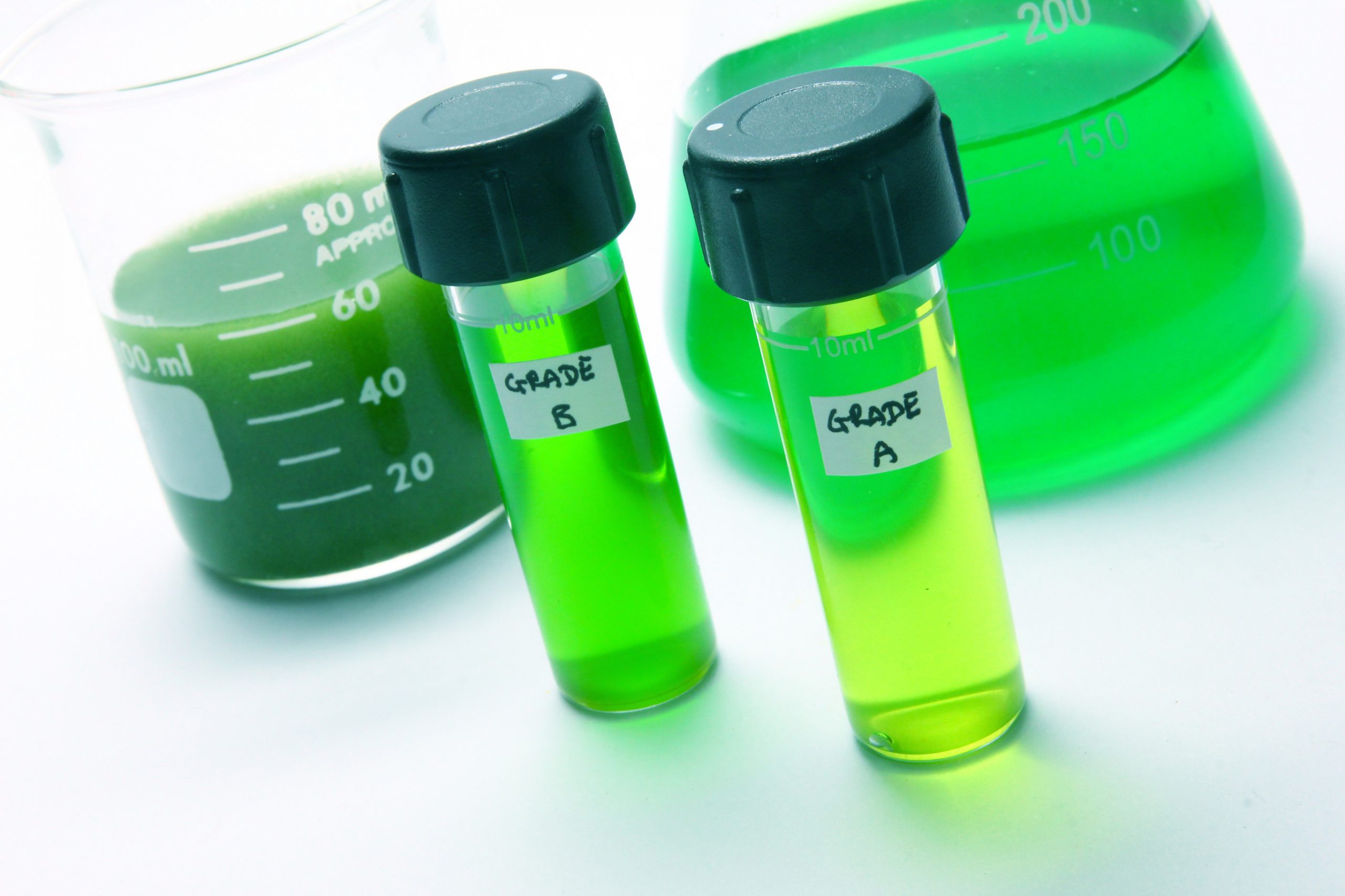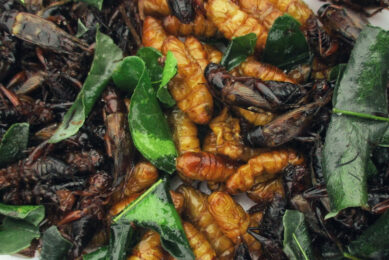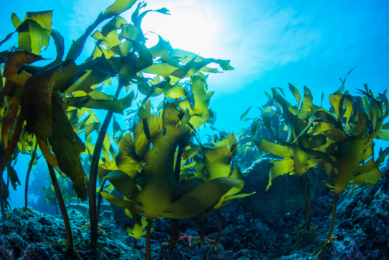New microalgae can convert non-food crops

A freshwater strain of microalgae can degrade and utilise plants like switchgrass. This increases the potential of this type of algae to be used for biofuel.
This was shown by researchers at Los Alamos National Laboratory and partner institutions in the US. They published their findings last week in Algal Research.
Auxenochlorella protothecoides
The research shows that a freshwater production strain of microalgae, Auxenochlorella protothecoides, is capable of directly degrading and utilising non-food plant substrates, such as switchgrass, for improved cell growth and lipid productivity, useful for boosting the algae’s potential value as a biofuel.
The ability of certain algae strains to use plant substrates, such as switchgrass and corn stover (the part of the plant left in a field after harvest) to grow faster and with more lipids suggests that waste plant material can be used to increase the productivity of algae during cultivation for biofuels or bioproducts.
This work paves the way for future designer engineering of plant carbon utilisation to further improve productivity of algal production strains.
Source: Sciencedaily and Algal Research











